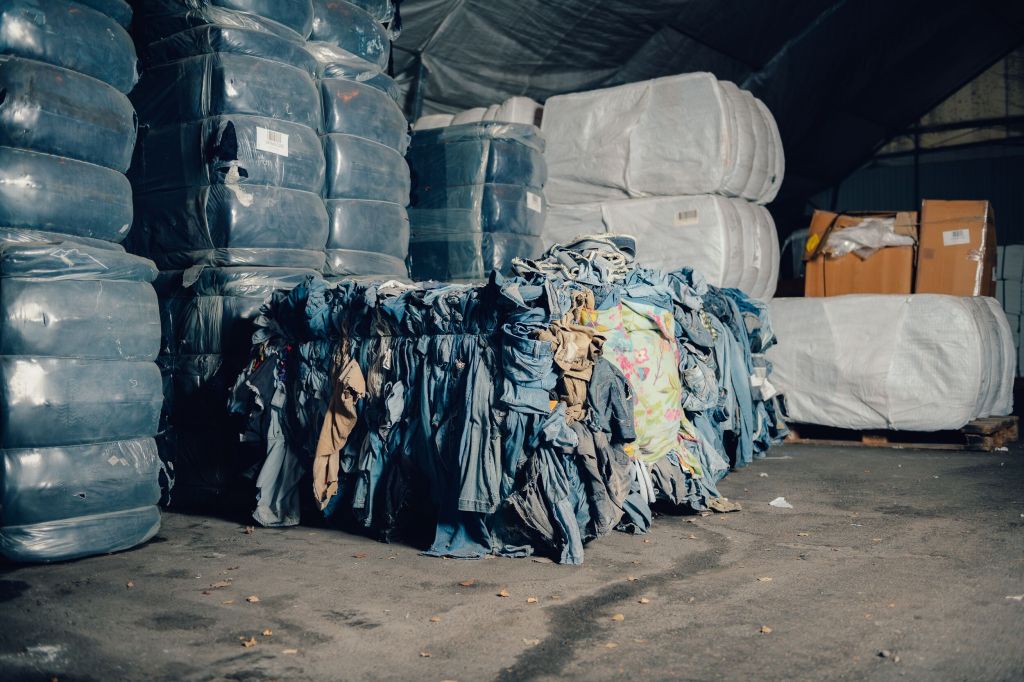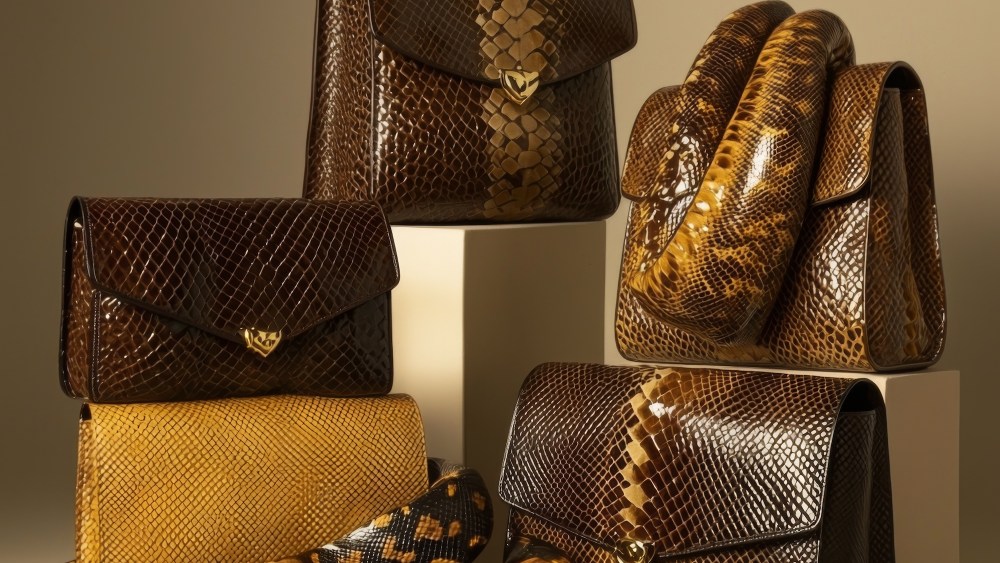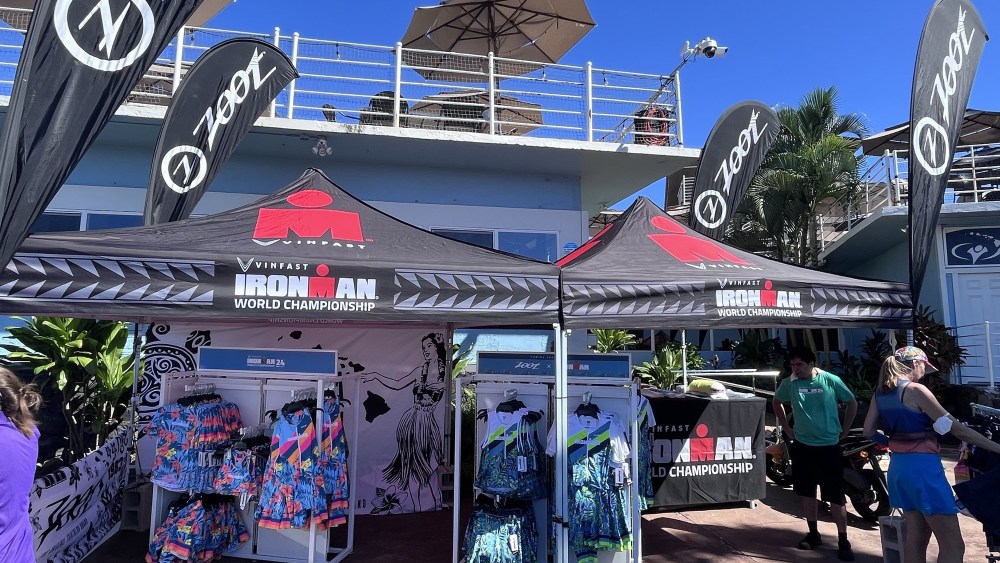PARIS — Textile recycler Renewcell revealed Sunday that it intends to file for bankruptcy, after failing to secure additional funding and consecutive quarters of slow sales.
The Swedish company, a pioneer in textile-to-textile recycling and maker of the Circulose fiber, was due to report its full fiscal year earnings Friday, but postponed that release until Thursday.
In a release issued late Sunday, the company said it had been negotiating with its two largest shareholders, Swedish fast-fashion behemoth H&M and materials company Girindus, as well as existing lenders BNP Paribas, European Investment Bank, Finnerva, Nordea and AB Svensk Exportkredit. Renewcell categorized those negotiations as “intense.”
“Unfortunately, it is now clear that these discussions have not resulted in a solution which would provide Renewcell with the necessary liquidity and capital to ensure its operations going forward,” the company said in a statement.
It also failed to attract new investors.
“I regret to inform that we have been forced to take this decision to file for bankruptcy. As we have a strong belief in the company’s long-term potential, we have together with our advisers spent very substantial time and efforts into trying to secure the necessary liquidity, capital and ownership structure for the company to secure its future,” said Renewcell chairman of the board of directors Michael Berg.
“This is a sad day for the environment, our employees, our shareholders and our other stakeholders, and it is a testament to the lack of leadership and necessary pace of change in the fashion industry,” he claimed.
Renewcell produces Circulose, a textile pulp made from chemically recycled cotton waste. It’s one of the first commercial scale textile-to-textile recycling plants in the world.
The company had previously called on brands to buy its product, highlighting that brands are hanging their “eco-friendly” credentials on recycling technology, but were failing to come through with orders.
In October, Zara parent company Inditex vowed to acquire 2,000 tons of material blend made with Renewcell’s Circulose through Hong Kong-based fiber producer Tangshan Sanyou, which has an existing offtake agreement with Renewcell.
That move followed a trading update in which former chief executive officer Patrik Lundström said sales had been slower than expected. Lundström was succeeded days later by former McKinsey consultant and retail executive Magnus Håkansson as interim CEO, who took the helm Oct. 16.
But that wasn’t enough, and Håkansson renewed the call for brands to buy its Circulose product when reporting slow sales in its third-quarter results reported Nov. 7.
Håkansson said the company was producing below its financial breakeven point, and while it had the capacity to increase production at its factory, it needed brands to be on the receiving end.
The fashion industry and particularly fast-fashion brands have touted textile-to-textile “circularity” as a solution to its landfill and waste problem, and a step in achieving sustainability targets, particularly in Europe with new textile collection and waste laws rolling out over the next few years.
Renewcell’s tech has positioned it as a pioneer, but it has suffered from low demand even as it has upped production and set up storage facilities in China to help shorten the delivery window.
H&M Group took a minority stake in the company in 2017, and was the first to introduce garments made with the Circulose material in its spring 2020 collection. The group committed to scale up the use of the material across its brands over five years. H&M hailed it as a “significant step forward in the development of a circular economy for fashion” at the time.
Renewcell’s full-scale factory went online in November 2022, with a capacity to produce about 60,000 tons of pulp annually, with a target of 360,000 tons a year by 2030.
The company produced 6,498 tons of its pulp product in the third quarter, with nearly all of it being sold, which was about half of what the company needed to sell to reach a breakeven point.
October numbers continued a downward trend, with 2,043 tons being produced, but only 129 tons being delivered to customers.



